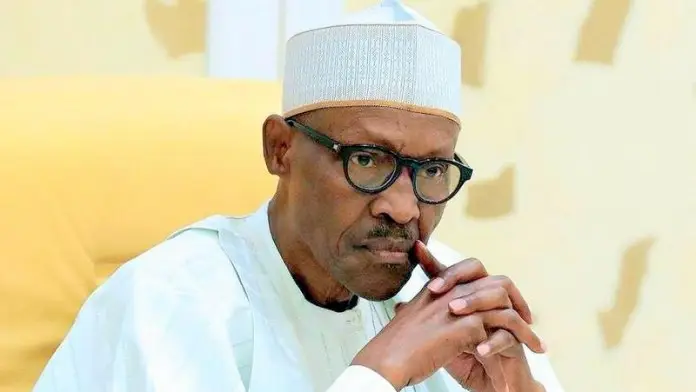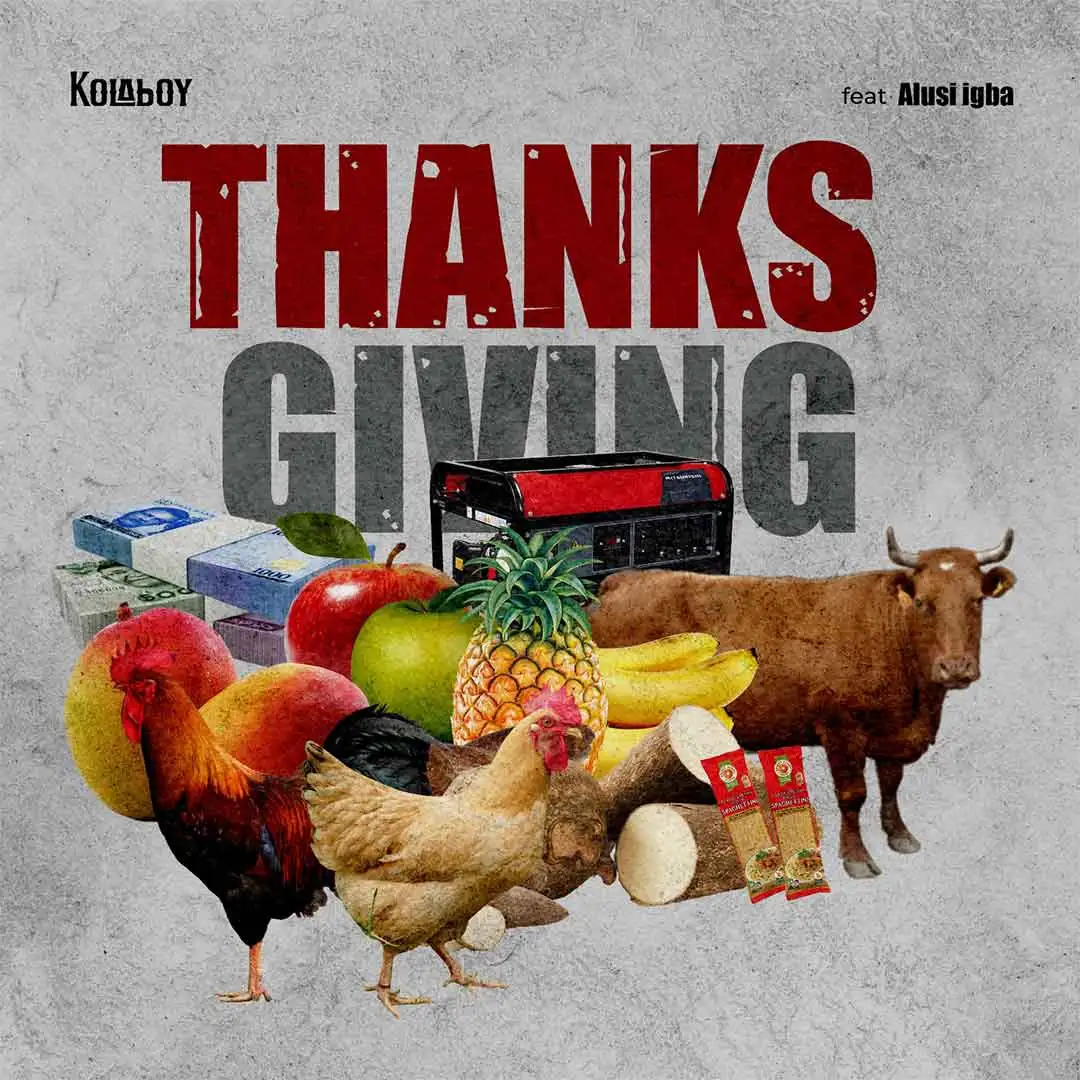FG’s initiatives on non-oil exports failing

FG’s initiatives on non-oil exports failing
In spite of concerted efforts to diversify the nation’s export earnings, the contribution of the non-oil sector, NOE, to the total export earnings dropped to 10.1 per cent in 2022 from 12.8 per cent in 2021.
The decline also comes at the backdrop of the 8.6 per cent year-on-year, YoY, growth in NOE earnings to $5.94 billion dollars during the eleven months ending November 2022 from $5.47 billion in the corresponding period of 2021.
Finance and real sector stakeholders who spoke to Financial Vanguard, including the National Association of Chamber of Commerce and Industry, NACCIMA, and the Centre for the Promotion of Private Enterprise (CPPE), stressed that the decline in the contribution of the NOE to total exports show that there is still more work to be done in terms of eliminating the various barriers to increasing the nation’s NOE especially Ease of Doing Business, Foreign exchange policy and export of services.
Since the launch of the National Development Plan, NDP 2025, which seeks to achieve N44 trillion in export revenue, the Central Bank of Nigeria, CBN, and the Nigerian Export Promotion Council, NEPC, have introduced new programmes to boost NOE earnings.
These include Race To $200 billion (RT 200) which seeks to attract $200 billion NOE earnings within three to five years. A major component of the RT 200 introduced by the CBN in 2021, is the FX Rebate scheme which pays N65 rebate for every one dollar of exports repatriated and sold at the Investors and Exporters, I&E window to Authorised Dealers Banks for third-party use or N35 rebate for every dollar repatriated and sold at the Investors and Exporters, I&E for own use.
On its part, the NEP introduced the Zero Oil Plan aimed at achieving NOE earnings of $30 billion annually by 2025.
NOE performance
Financial Vanguard analysis of data on export earnings from CBN showed that NOE earnings rose by 8.6 per cent, YoY in eleven months to November 2022 (11M’ 22) showing a moderate impact of the above measures.
According to CBN, NOE export earnings rose to $5.94 billion in 11M’ 22 from $5.47 billion in 11M’21. This translated to YoY growth of 8.6 per cent.
But total exports in the 11M’ 22 rose 37.5 per cent, YoY, to $58.62 billion from $42.62 billion in 11M’ 22.
Consequently, the contribution of NOE to total exports fell to 10.1 per cent in 11M’22 from 12.8 per cent in 11M’ 21, representing a decline of 2.7 percentage points.
Barriers to NOE growth
In spite of the efforts of the CBN and NEPC, growth in NOE has remained weak due to structural According to NACCIMA and CPPE and finance sector experts, growth in NOE has remained weak due to structural bottlenecks, multiple exchange rates, unfair forex policies, as well as floods and the Russia War in Ukraine.
“The amount of increase in NOE is paltry and speaks to the non-diversification of export revenue”, said, Tunde Abioye, Head of Equity Research, FBNQuest Capital.
He added: “Even though the government’s and CBN’s efforts to increase NOE have yielded some positive results, much more needs to be done.
“Most of the issues with the low level of NOE export have to do with structural deficiencies that undermine the potential for exports.
“Well known issues such as power outages, poor infrastructure, bottlenecks with port infrastructure, the multiplicity of taxes, and constraints to the ease of doing business all add to the cost of NOE. These factors often make Nigerian products uncompetitive relative to products from other countries.”
Managing Director, PFI Capital, Peter Elegbe, said: “Aside the war in Ukraine, which distorted the global supply chain around the world, we believe other local factors such as: ease of doing business, exchange rate pressure, high cost of transportation, insecurity, and the infrastructural deficits have impaired the non-oil sector’s performance within the period under review.
“Inflationary pressure contributed, to a large extent, to the southward movement spotted in the non-oil sector in 2022.”
Similarly, Sylvester Anaba, Team Lead, Research at United Capital Plc, Sylvester, said: “We observed that rising commodity prices in 2022, particularly agricultural produce boosted the value of non-oil exports. 2022 was marked with floods that affected several farms, despite this, the sector was bolstered by CBN’s intervention funds.”
Forex challenge
On his part, Sola Obadimum, DG, NACCIMA, said in addition to the challenges of port inefficiencies and deteriorating state of infrastructural, the mutlitiplicy of exchange rates as a major barrier to efforts to boost NOE.
He said: “2022 is basically the first full post-COVID recovery year. So, that should be appreciated. That probably explains the slight growth in value terms over the figure recorded for 2021.
“However, the reduction when related on percentage level to total exports may likely be due to:
“The reluctance of government to harmonise exchange rates. There are issues with exporters who get their earnings from exports converted back to them at official rates. Meanwhile, there’s not enough forex made available for them to buy equipment and other foreign inputs as required, particularly for exporters of manufactured products – as opposed to exporters of unprocessed items. This may be considered to be a bit unfair.
As some of them have opined at several fora, there is no special forex window open to manufacturers of exportable items despite their unique contributions to the economy compared to pilgrims who sometimes benefit from same facility.
“Deteriorating state of infrastructure hasn’t helped either. State of roads, power supply (or non-supply), etc. “Port inefficiency relative to neighbouring countries could be better
Also citing structural inefficiencies and current foreign exchange policy as factors behind the weak growth in NOE in 2022, Muda Yusuf, CEO at CPPE, said “The weak non oil export performance is a reflection of the challenges bedeviling the real economy. These are issues bordering on productivity, competitiveness and efficiency.
“Globally, export business is driven principally by competitiveness, both in quality and price. The reality is that structural bottlenecks are major constraints to the competitiveness of our non oil export sector. This explains the paltry 10% to total value of export in 2022.”
“The current foreign exchange policy regime is a disincentive to export business. There is a problem with the CBN policy which prescribed that export proceeds should be offered to the importers and exporters window at an exchange rate of about N460 per dollar.
“Whereas the parallel market of foreign exchange would offer to buy the dollars at over N700 per dollar. This means a loss of about N240 per dollar. The foreign exchange policy is a major disincentive to non oil export.
“The RT 200 programme which offers exporters N65 per dollar is clearly not sufficient to offset the loss of about N240 per dollar suffered by exporters. “The result of this is that most exporters are reluctant to complete the NXP form for the declaration of export proceeds. The policy is most unfair to exporters.
“The data reflecting the low level of non oil export indicates to some extent that there is a high probability of absence of full disclosure of the export proceeds because of the repressive nature of the foreign exchange policy.”
What incoming govt should do
While advising the incoming to address all the barrriers identified above, the stakeholders however emphasised the need to focus more on exports of services as well as utilize the opportunities provided by AfCFTA and introduction of export processing zones reforms.
“A lot more can be done to expand the scope of services export in Nigeria”, said, Muda Yusuf, CPPE DG.
“The service sector accounts for over 50 per cent of our Gross Domestic Product, GDP. There are enormous opportunities in services export. Already we have remarkable footprints in many African countries and even globally in financial services, ICT, Telecoms, sports, music, spiritual services, transportation entertainment, fashion, hospitality etc”, he added.
Tunde Abioye, FBNQuest also said: “The services account has historically run on a deficit. This has not received a lot of attention by the media. However, a lot is required to promote the export of services.
“Nigeria could come up with a plan to gain comparative advantage in services such as IT, education, health, tourism etc. Countries like India (IT), Mauritius (financial services), and Egypt (tourism) have succeeded in achieving this.”
Strategic Reforms for NOE
“The incoming government should make some strategic reforms for NOE development”, said Sylvester Anaba, Team Lead, Research. Elaborating, He said: “The new government should develop agricultural various value chains, especially incorporating the agro-processing industry.
“The new government should utilize the opportunities provided by AfCFTA. Currently, Africa accounts for only 9.9% of Nigeria’s exports.
“The issue of infrastructure deficit should be addressed, good road networks, ports systems, storage facilities, and improved electricity supply will boost NOE. Export processing zone reforms will greatly improve non-oil exports.”







![Painted Skin Love is Destroyed (2024) [Chinese]](https://www.memesng.com/r/storage.waploaded.com/images/1b4c9d67244e4b01097f586f7b939fd6.jpg?w=50&ulb=true&ssl=1)

![Love (2023) [Kannada]](https://www.memesng.com/r/storage.waploaded.com/images/f715671bf0c01c77b24daf77c3606e92.jpg?w=50&ulb=true&ssl=1)
![Lineman (2024) [Telugu]](https://www.memesng.com/r/storage.waploaded.com/images/9e1c4c2b55530679c2e4a228c24f9d77.jpg?w=50&ulb=true&ssl=1)
![Avatara Purusha 2 (2024) [Kannada]](https://www.memesng.com/r/storage.waploaded.com/images/420770645f1a1770206809f8e7877f8a.jpg?w=50&ulb=true&ssl=1)











![In Cold Blood (2024) [Korean] (TV series)](https://www.memesng.com/r/storage.waploaded.com/images/64d0b2050777280ade35b2797b34c503.jpg?w=50&ulb=true&ssl=1)
![Suji and Uri (2024) [Korean] (TV series)](https://www.memesng.com/r/storage.waploaded.com/images/394b198e59e3725ad4fa904e225d43dc.jpg?w=50&ulb=true&ssl=1)


{{comment.anon_name ?? comment.full_name}}
{{timeAgo(comment.date_added)}}
{{comment.body}}
{{subComment.anon_name ?? subComment.full_name}}
{{timeAgo(subComment.date_added)}}
{{subComment.body}}